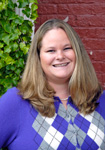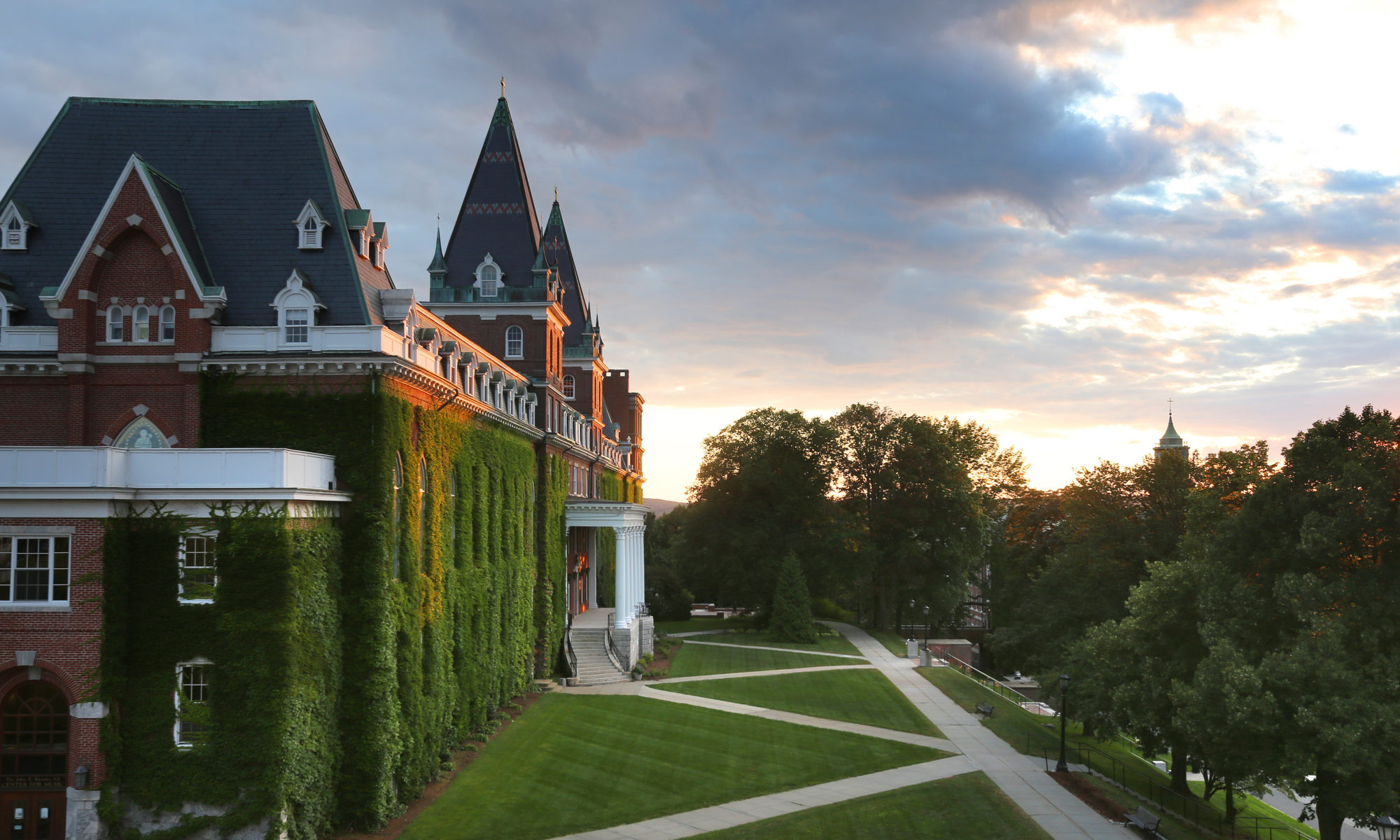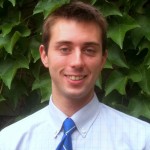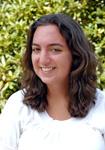 Earlier this spring, I received an e-mail from our Vice President of Academic Affairs that detailed some extraordinary scientific work that a few recent graduates were doing in conjunction with the Polaris Project, an organization dedicated to studying global climate changes in the Siberian Arctic. Immediately, one of the names caught my eye; Craig Connolly, HC ’13, was acknowledged for being one of the youngest authors and presenters at the annual American Geophysical Union meeting in San Francisco held last December. The title of his presentation, “Organic matter bioavailability and enzyme activities within stream benthic sediments in northeastern Siberia,” left me both impressed and a little bewildered. Additionally, the e-mail included that Craig recently had published a paper in the international journal Wetlands on how “global sea rise and increased saltwater intrusion in tidal rivers influences decomposition of an invasive and widespread macrophyte.”
Earlier this spring, I received an e-mail from our Vice President of Academic Affairs that detailed some extraordinary scientific work that a few recent graduates were doing in conjunction with the Polaris Project, an organization dedicated to studying global climate changes in the Siberian Arctic. Immediately, one of the names caught my eye; Craig Connolly, HC ’13, was acknowledged for being one of the youngest authors and presenters at the annual American Geophysical Union meeting in San Francisco held last December. The title of his presentation, “Organic matter bioavailability and enzyme activities within stream benthic sediments in northeastern Siberia,” left me both impressed and a little bewildered. Additionally, the e-mail included that Craig recently had published a paper in the international journal Wetlands on how “global sea rise and increased saltwater intrusion in tidal rivers influences decomposition of an invasive and widespread macrophyte.”
While certainly impressive, I am no stranger to hearing of the outstanding accomplishments of our students. What struck me most was that this student, this particular student, was the first student that I called back in 2009 to congratulate on his acceptance and officially welcome to the College. In fact, Craig (and his twin brother Kevin, who also graduated from Holy Cross) was one of the first students I met on the road at his school only weeks after being hired in the admissions office. I later interviewed him on campus, read his application, and presented his file to our Committee for review.
For the next four years, I’d see Craig around campus at various events, and it made me smile to see how seamlessly he appeared to fit into our community. He wasn’t a volunteer in our office, or one of the many students that I interacted with on a daily basis; he was just another student who came to Holy Cross, did excellent work, and who I watched cross the stage at graduation last year. But to me, Craig will always be that first student who I really felt belonged here and knew would have a positive impact on the Holy Cross campus.
I don’t know that he’ll ever read this blog, or even know that I’ve kept track of him over the years, but it’s stories like these that make me love my job. I’m incredibly proud of Craig and all that he’s accomplished … even if I don’t exactly understand exactly what it is he’s studying in Siberia.
Diane Soboski
Associate Director of Admissions
(*Craig will be returning to Siberia this summer as a research assistant with the Woods Hole Research Center before beginning his PhD at the University of Texas in Austin this fall.)




 With the economy the way it is right now, you might be concerned about your future. Even though you’re just starting the process of applying to college, you can’t help but think, “Where will I be in four years?” or “What will I be able to do with a liberal arts degree?” As an undergraduate Sociology major, I have to admit, I (as well as my parents) often had the same fears. So what does Holy Cross offer to students to help them make the most of their liberal arts experience? Take a look at the
With the economy the way it is right now, you might be concerned about your future. Even though you’re just starting the process of applying to college, you can’t help but think, “Where will I be in four years?” or “What will I be able to do with a liberal arts degree?” As an undergraduate Sociology major, I have to admit, I (as well as my parents) often had the same fears. So what does Holy Cross offer to students to help them make the most of their liberal arts experience? Take a look at the 